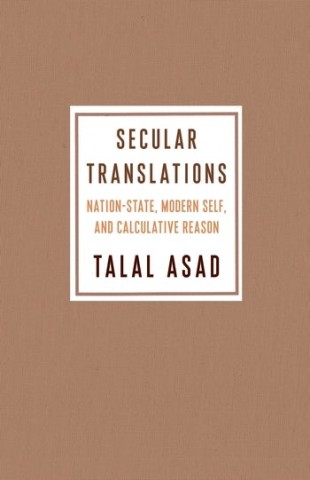Talal Asad has produced some interesting books, his 2003 book "Formations of the Secular: Christianity, Islam, Modernity" is somewhat less powerful as a collective narrative since it draws on previously published materials (as opposed to a narrative that is linked throughout), nonetheless some interesting ideas from two decades past:
"What is the connection between "the secular" as an epistemic category and "secularism" as a political doctrine? Can they be objects of anthropological inquiry? What might an anthropology of secularism look like? This book attempts, in a preliminary way, to address these questions." (p. 1)
"The terms 'secularism' and 'secularist' were introduced into English by freethinkers in the middle of the nineteenth century in order to avoid the charge of their being 'atheists' and 'infidels,' terms that carried suggestions of immorality in a still largely Christian society. These epithets mattered not because the freethinkers were concerned about their personal safety, but because they sought to direct an emerging mass politics of social reform in a rapidly industrializing society. Long-standing habits of indifferences, disbelief, or hostility among individuals toward Christian rituals and authorities were now becoming entangled with projects of total social reconstruction by means of legislation." (p. 23-24)
"In fact liberal democracy here expresses the two secular myths that are, notoriously, at odds with each other: the Enlightenment myth of politics as a discourse of public reason whose bond with knowledge enables the elite to direct the education of mankind, and the revolutionary myth of universal suffrage, a politics of large numbers in which the representation of 'collective will' is sought by quantifying the opinion and fantasy of individual citizen-electors. The secular theory of state toleration is based on these contradictory foundations: on the one hand elite liberal clarity seeks to contain religious passion, on the other hand democratic numbers allow majorities to dominate minorities even if both are religiously formed." (p. 61)


